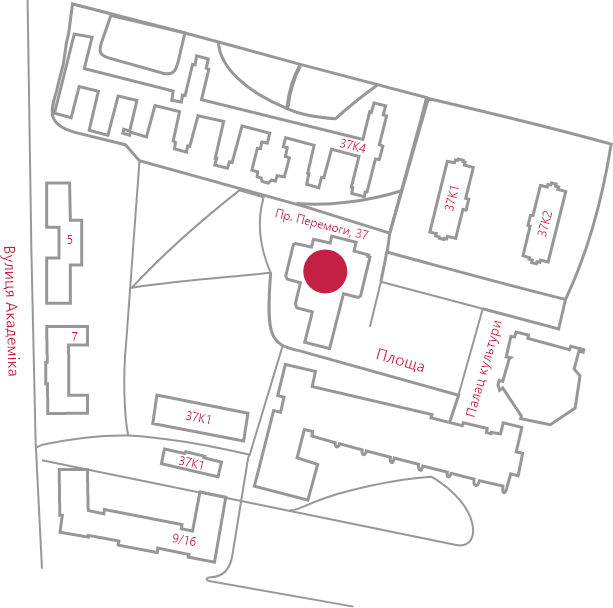Open Science is an approach to scientific and technical activities that provides access to research infrastructure, scientific results and scientific and technical information with the possibility of their reuse, exchange and dissemination through information and communication technologies in order to accelerate scientific, technological and social development, deepen cooperation between scientists, etc.
Open science is a political priority for the European Commission (The EU’s open science policy) and a standard method of work within its research and innovation funding programmes.
The international framework for open science policy and practice is provided by the UNESCO Recommendation on Open Science.
The European University Association actively supports universities in the transition to open science. The Association identifies three key areas of open science:
- universal and permanent open access to scientific results in a fair ecosystem of scientific publications
- research data available in accordance with FAIR principles
- institutional approaches to research evaluation (EUA Open Science Agenda 2025).
The formation of open science values is an important step towards the establishment of European values and standards in the Ukrainian academic environment. Ukraine has already taken concrete steps to implement open science, including the approval of a national plan for open science.
On 1 November 2022, Igor Sikorsky Kyiv Polytechnic Institute was the first Ukrainian university to approve the Open Science Policy of Igor Sikorsky Kyiv Polytechnic Institute.


